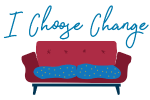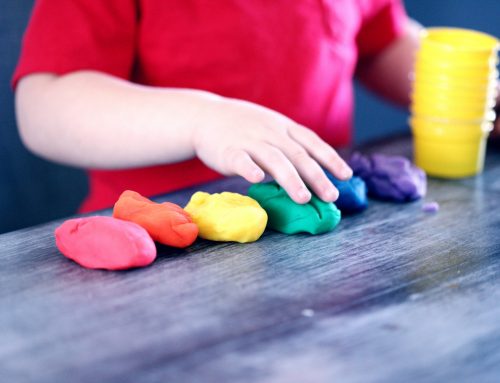You Are Not Alone Here
I confess. I tend to want to fix things for people. I want people to be happy, and I feel guilty when I’m unable to “make it all better.” It’s difficult for me to stand up for myself; I try to appease others even when I’m treated unfairly. I avoid conflict and uncomfortable situations. I’m a people pleaser, and sometimes it takes its toll.
Sound familiar?
Fight, Flight, Freeze, and Fawn
You may have heard of the four fear responses: fight, flight, freeze, and fawn. “Fawning” is how an individual copes with a perceived danger to prevent harm. It’s an attempt to appease whoever is causing the perceived harm. Sometimes, we develop people-pleasing tendencies as a coping mechanism to feel safe and avoid conflict. What does fawning look like? Fawning is seeking approval, setting aside our own feelings for someone else, and being agreeable at all costs.
What are the key signs of “fawning”? According to the Charlie Health Library, the trauma responses may include:
- Looking to others to see how to feel in a situation or relationship
- Difficulty identifying feelings, even when alone
- Feeling inauthentic or having a lack of self
- Trying to please others through flattery, affection, or catering to the demands of others
- At the first sign of conflict, the first instinct is to “appease” the angry person
- Ignoring one’s own beliefs, needs, preferences, thoughts, and feelings for the sake of others
- Difficulty setting healthy boundaries in relationships
Young children and adolescents displaying fawning behaviors may experience intense worry about their primary caregivers or feel preoccupied with their caregiver’s emotional needs. They may also be overly cautious during personal interactions with caregivers.
How to Side Step People Pleasing
- Be true to yourself- Avoid doing things that make you uncomfortable because it will “keep the peace.”
- Learn that “NO” is a complete sentence- This is so hard! Sometimes I have to tell myself it’s okay to say “no.” It’s okay to put myself first and be mindful that saying “NO” is self care… not selfish.
- Practice setting healthy boundaries- Making a list of priorities might help. Make a list of the things you are doing that make you feel unhappy or uncomfortable, like giving up the remote when you really want to watch a rerun of Dateline and rank them in order of importance with the most significant items on top. It’s not selfish to not agree all of the time.
- No more excuses- When you stop giving in to the demands of others, you will have more time to do the things you love. You don’t have to be a victim in your relationships. Let people know you are working on a healthier version of yourself, and boundaries are part of your personal development.
- Listen carefully- What is your intuition telling you? Sometimes, we “know” things we don’t want to admit about situations, about jobs, and friends.
- Be alone- Alone time is crucial for your relationships with others and your own health. We live in a connected world, but that doesn’t mean we shouldn’t take a break now and then. Spending time alone can help us better understand our thoughts, feelings, and needs. It can also help us find out what makes us happy or unhappy. Being able to know ourselves better can be very helpful in many ways.
- Everyone won’t be happy- For a people-pleaser, this is hard. Just be yourself, warts and all. Being authentic is being true to your own personality, values, and spirit, regardless of the pressure that you’re under to act otherwise.
- Stand up for yourself- Learn ways to communicate that allow you to feel heard. Be cognizant of your body language, tone of voice, and boundaries.
- Ask for help- Ask your friends or spouse to give you a little feedback. Also, mental health professionals can provide valuable insight and help with processing the “whys” of your “people pleasing” ways.
- Accept yourself- Society often tells us that our flaws are undesirable and make us less perfect. When you give in to people-pleasing, you lose touch with who you are. You’re a human, and you’re going to make mistakes, but as long as you learn from them and are honest with yourself about what you can do better, it’s okay to keep moving forward. Part of accepting yourself is acknowledging and using your strengths and weaknesses to your advantage. When you accept yourself for who you are, everyone else will eventually follow suit.
I confess, I’m a people pleaser, but I’m on my recovery journey!





